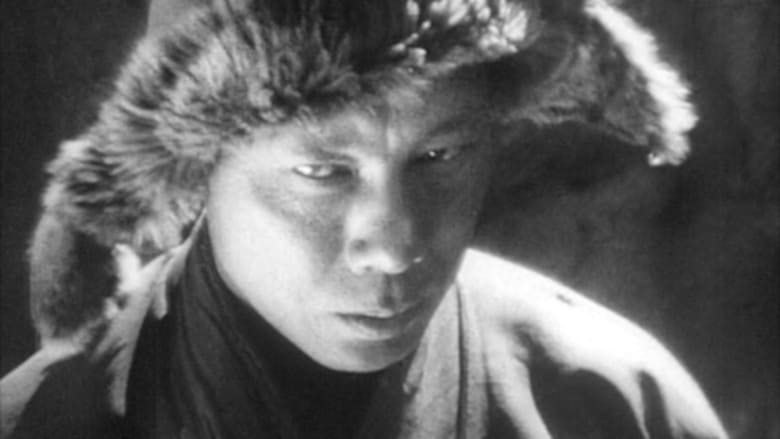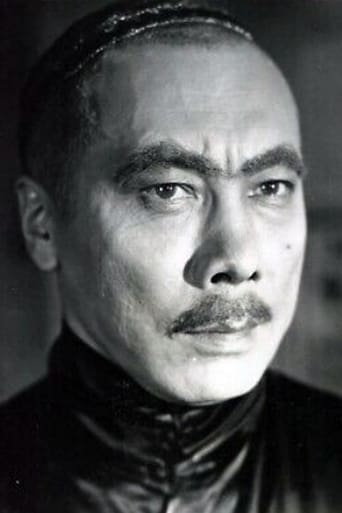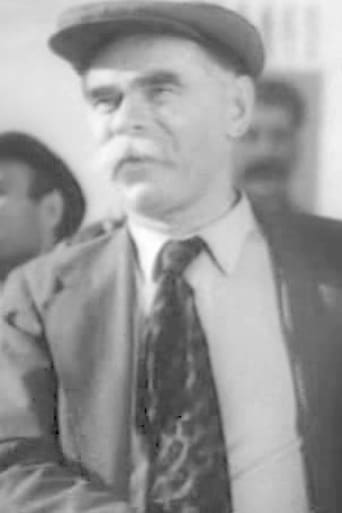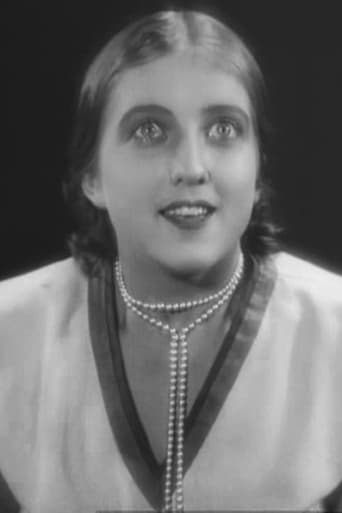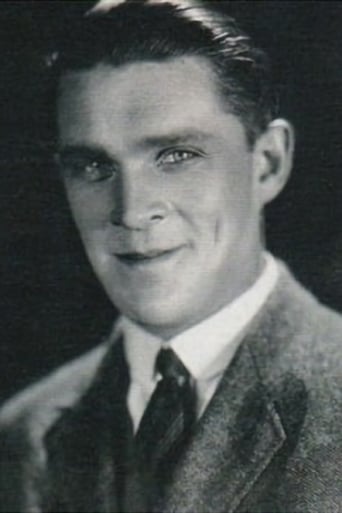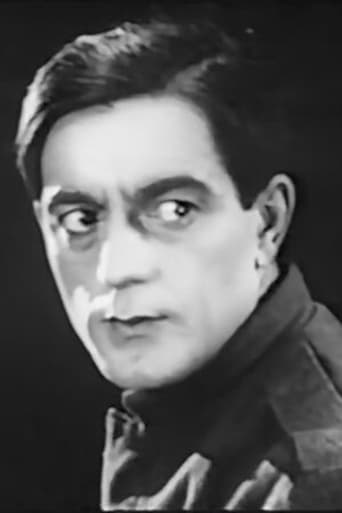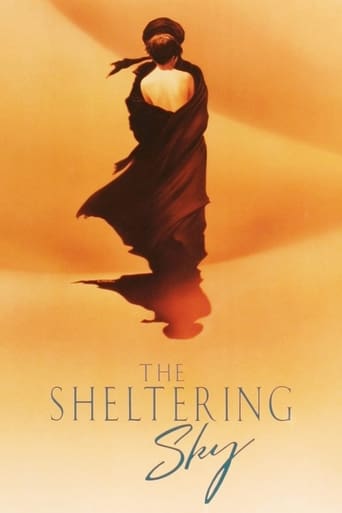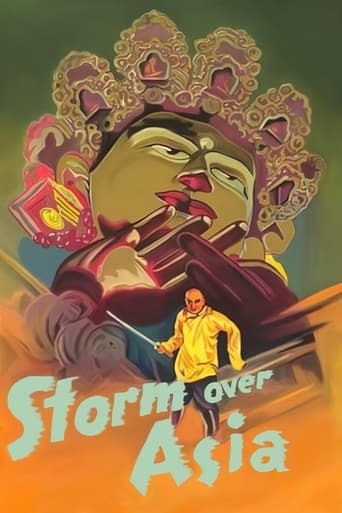
Storm Over Asia
November. 10,1928In 1918 a young and simple Mongol herdsman and trapper is cheated out of a valuable fox fur by a European capitalist fur trader. Ostracized from the trading post, he escapes to the hills after brawling with the trader who cheated him. In 1920 he becomes a Soviet partisan, and helps the partisans fight for the Soviets against the occupying British army. However he is captured by the British when they try to requisition cattle from the herdsmen at the same time as the commandant meets with a reincarnated Grand Lama. After the trapper is shot, the army discovers an amulet that suggests he is a direct descendant of Genghis Khan. They find him still alive, so the army restores his health and plans to use him as the head of a puppet regime. The trapper is thus thrust into prominence as he is placed in charge of the puppet government. By the end, however, the "puppet" turns against his masters in an outburst of fury.
Similar titles


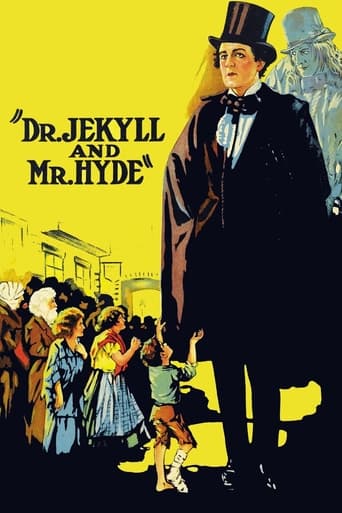

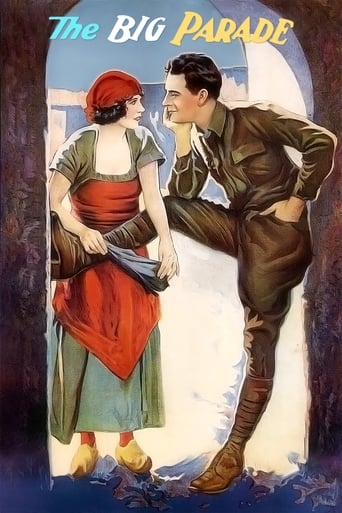
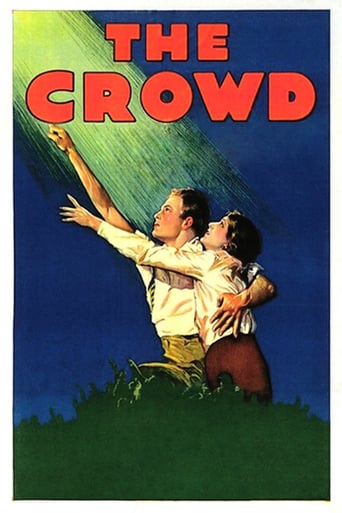


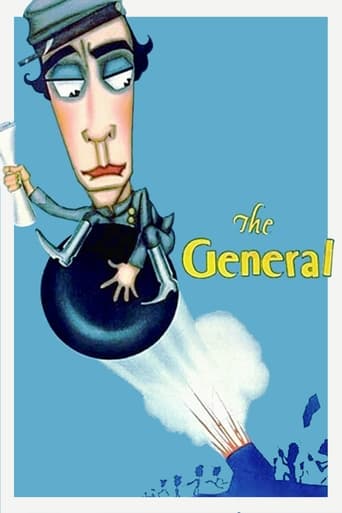

You May Also Like
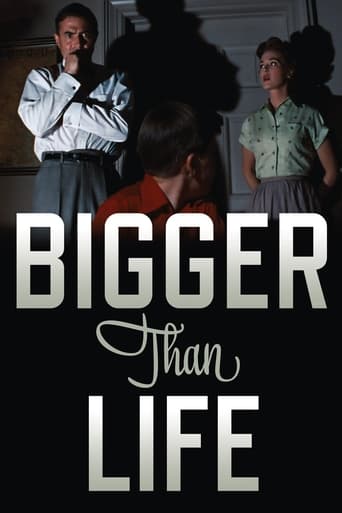
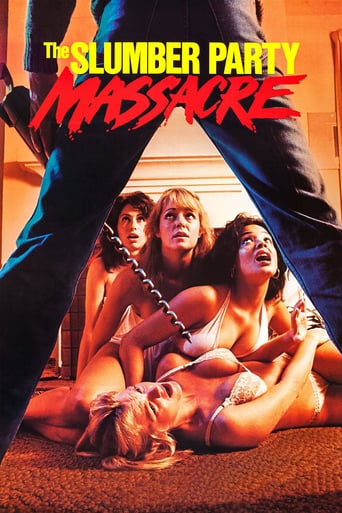
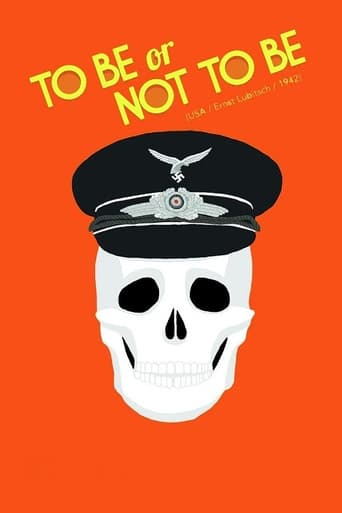
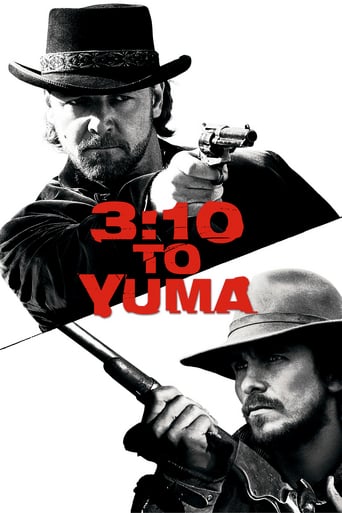
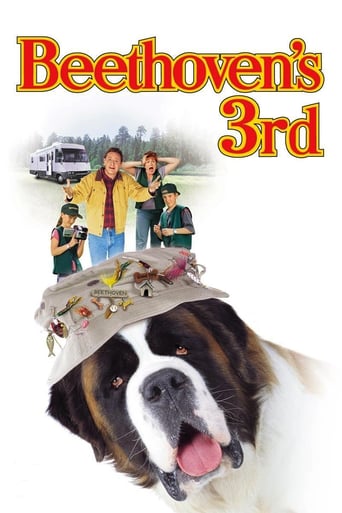


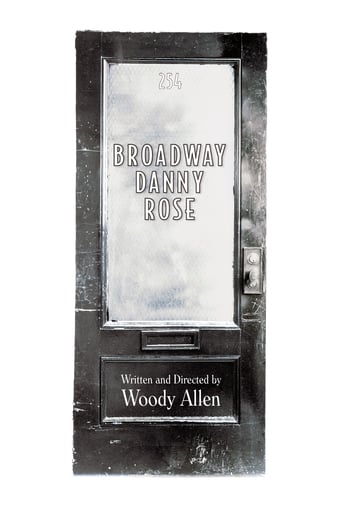
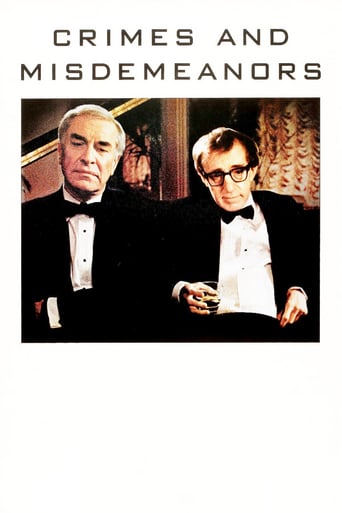
Reviews
Strictly average movie
Simply Perfect
How sad is this?
This is a dark and sometimes deeply uncomfortable drama
This Russian silent film from I found in the book 1001 Movies You Must See Before You Die, I didn't know anything about the plot or what it would involve, but I was hoping it would worthy of its place in the book. Basically it is set in 1918, where Bair, the young and simple Mongol Huntsman, herdsman and trapper (Valéry Inkijinoff) is cheated out a valuable fox fur that he tries to sell to unscrupulous European capitalist fur trader Henry Hughes (Viktor Tsoppi). Bair gets into a brawl with the trader after cheating him, this brawl becomes much bigger with more people involved and he is ostracised from the trading post, so he is forced into escaping to the hills. By the year 1920, Bair becomes a Soviet partisan, and he becomes involved in the fight for the Soviets against the British army who are occupying the country. But Bair ends up captured by the British when they try to requisition cattle from the herdsmen at the same time as The British Commandant, commander of the occupation forces (I. Dedintsev) meets with a reincarnated Grand Lama (F. Ivanov). Bair is shot, the British army discover an amulet in his possession, examining it is suggested that he is a direct descendant of Genghis Khan, founder and Great Khan (emperor) of the Mongol Empire. They find Bair still alive, and restore him to health and plan to use him, with his discovered heritage, as the head of a puppet regime, he is therefore thrust into prominence and placed in charge of the puppet government. By the end of the film however Bair as the puppet turns against his masters, who placed him in his position, in an outburst of fury, and a Mongol army is raised to clash against the British army, it ends at the point the two sides would strike each other. Also starring I. Inkizhinov as Bair's Father and Aleksandr Chistyakov as The Russian Rebel Leader - Commander of a partisan detachment. This film is very inaccurate according to history, the British army never occupied Mongolia, but the story of a simple fur trapper shunned away and then becoming like royalty is interesting, there are some great montage sequences with terrific editing, the costumes and detail of location are well done, and it is sweeping and action filled in some moments, I'm not sure I fully agree with five stars out of five by the critics, but it is a worthwhile classic silent drama film. Very good!
I've read about this film for years, and seeing it once is enough. It's like many D.W.Griffith films in that respect -- renowned for some aspect of editing or framing, but dull in the narrative. Individual shots in "Storm" are impressive, particularly landscapes and shots of men against landscapes. But the story and the politics are good for just a snort of laughter (as just one example, the British are shown seizing the peasants' cattle while, at the time of the film's release, Stalin was doing the same thing to the kulaks.) And some of Pudovkin's montage technique is primitive. Every time he returns to the big battle (which goes on as the British bigwigs are visiting a Buddhist shrine) he repeats the same two images of cattle charging to the right and the left. When the viewer can accurately predict what a director is about to put on the screen, it's monotonous. As are the politics...."Capitalists baaaaad!! Peasants gooooood!!!"
This is an unusual project, deeply polemic like all Soviet cinema of the period but with the entire 'tyrants and proles' puppet play relocated to the far eastern steppe; so standing in for the exploited but spirited with fight peoples are now the indigenous Mongols, but again trapped between antiquated, superstitious religion and a cruel ruling elite financed by unethical capitalism. Workers back in Moscow and Lenigrand were supposed to relate.Pudovkin is talented in making the equivalence, he intercuts the military aristocrats being pampered and groomed for an occasion with the Buddhist priests being helped in their ceremonial attire to receive them. The meeting of these two oppressors is marked with secret dances made to look chaotic, and Buddhist music made to sound intentionally grating and dissonant.The mockery continues inside the temple, with the all-knowing, wise high lama revealed to be only a child; he looks apprehensive as everyone accords him the utmost respect. The insidious comments are particularly egregious when viewed in context of what the Buddhist were about to suffer in the hands of the Chinese comrades and how much of that elaborate spiritual culture was trampled under the mass-suicide of Mao's agricultural reforms.Most of it flows by without much incident; vast dusty landscapes, petty human cruelties. Wars, and counterwars. The plot is eventually about a humble Mongol fur trapper being mistaken for the heir of Genghis Khan and groomed by the military to be the puppet ruler of a new nation.Pudovkin was never quite an Eisenstein or Dovzhenko; he could concentrate his films into a motion as pervasive as they did, but couldn't sustain for as long. So we get bumpy stretches across otherwise pleasant vistas.But then we have the ending, absolutely one of the finest pieces of silent cinema. It is a karmic hurricane of splintered image; motion that begins indoors with a fight is eventually transferred outside and escalates in a revolutionary apocalypse of stunning violence that scatters an entire army across the steppe like dead leaves. Trees, dust, crops, dirt - all rushing before the camera like Pudovkin's montage is so frenzied and powerful it threatens to rip apart the very fabric of the world.Watch the film just so you get to this part, then watch side by side with Kuleshov's By the Law for the haunting aftermath of the apocalypse that begins here, and Zemlya for how it's endured. The call is, as usual, for revolution, but we can use it now in all three films as a broader metaphor about the effort to release the energies of the soul, about a metaphysical breakthrough.Watch like you were having your soul trained for this breakthrough.
This is about, oh, at least three movies in one. I kind of have to review them separately.The opening sequences are pretty boilerplate Soviet, although just the Mongolian 'actors' and the settings are well worth the price of admission (or rental). The subsequent sequences are almost digressions. I have to say, though, that in the battle/skirmish scenes with 'British' soldiers, whoever directed them has been in a war. They contain so much authenticity I found it unnerving. Men crumple up when shot, like they really do. Other behaviors of people fighting are dead on. Absolutely believable.A later sequence, a movie within a movie, of a British soldier taking a prisoner to be shot, manages to pull off the feat of making the emotional state of a reluctant killer accessible. This sequence is emotionally difficult and disturbing, and I'm surprised it made it into a Soviet film of any era.Oh, this movie is jam packed with old gun porn. If you ever wondered what happened to the 700,000 Winchester 1895 muskets sold to Russia, a bunch of them are in this movie, along with a Colt 1895 machine gun, and even including Russian contract Colt .45 automatics in a unique style of holster. In one scene, a Mongolian irregular uses his (very likely personal) matchlock musket! Good stuff.The scenes of Buddhist ceremonies are awesome and worth watching the entire movie for; the new soundtrack, which includes appropriate music, makes the scene in the monastery a very special piece of film-making.The final scenes suddenly flip into what I am compelled to describe as martial arts! Now, this may seem a stretch, but according to published information, the biggest and most popular genre in Asian countries, as early as 1920, were basically chop-socky flickers. The final scenes, if this movie was designed to appeal to an Asian audience, may very well have been influenced by Chinese martial arts movies of the time. I wonder. Because I know a kung fu movie when I see one, and THAT, kids, is a kung fu movie.Oh, and I really liked the impressive use of massive, declaratory inter titles. Very cool. This is impressive film making.
Top Streaming Movies











